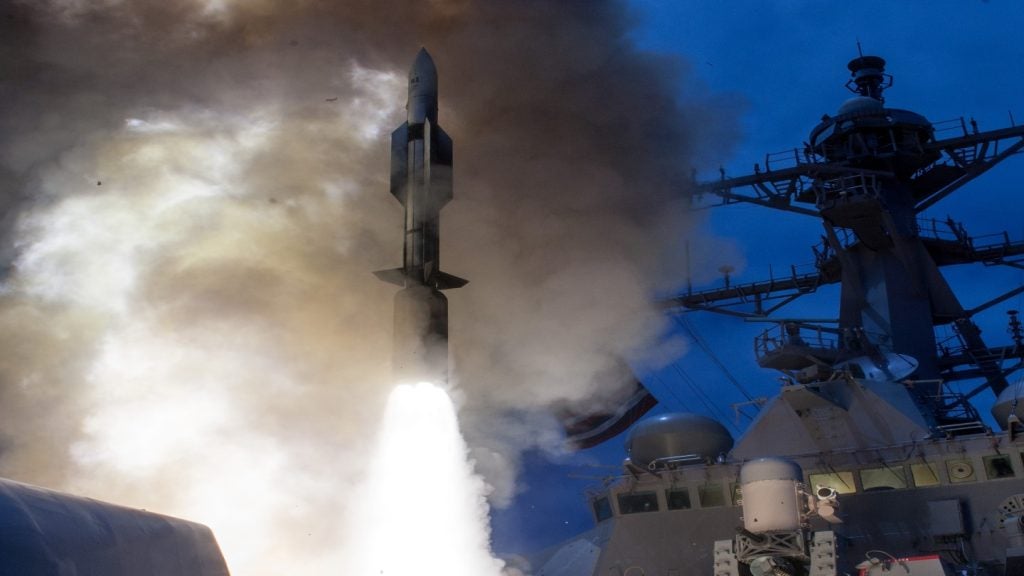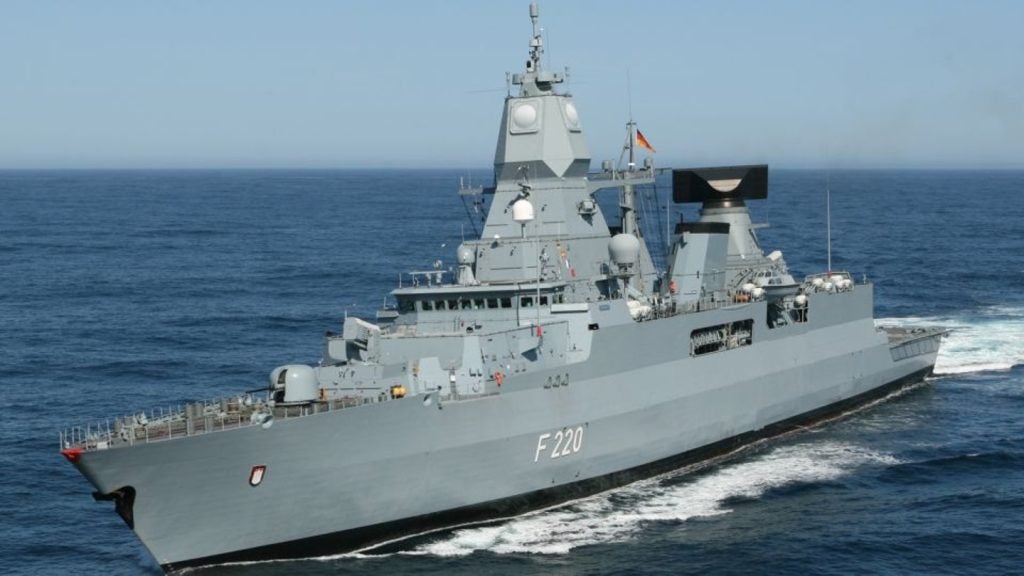TALOS system is being developed for the Autonomous Aerial Cargo Utility System (AACUS), which is an innovative naval prototype programme funded by the US Office of Naval Research.
The AACUS programme is primarily intended to use unmanned and vertical take-off and landing (VTOL) systems for rapid cargo delivery.
It covers the development and implementation of VTOL-based obstacle detection and avoidance, as well as enabling autonomous landings at unprepared, off-field and hostile landing sites.
Recently, Aurora demonstrated the TALOS system on a manned Bell 206 helicopter to search an area and manoeuvre for autonomous takeoff, flight, and landing.
Aurora’s TALOS system was also previously demonstrated on a Boeing H-6U Unmanned Little Bird flown autonomously, and three different human-piloted Bell 206 aircraft.
Aurora research and development centre vice-president John Wissler said: “TALOS is not an aircraft, nor is it a robot flying an aircraft, TALOS is transferrable intelligence designed with both manned and unmanned aircraft requirements in mind.
How well do you really know your competitors?
Access the most comprehensive Company Profiles on the market, powered by GlobalData. Save hours of research. Gain competitive edge.

Thank you!
Your download email will arrive shortly
Not ready to buy yet? Download a free sample
We are confident about the unique quality of our Company Profiles. However, we want you to make the most beneficial decision for your business, so we offer a free sample that you can download by submitting the below form
By GlobalData“The value of TALOS can be described in a few words platform agnostic, scalable autonomy, on-board sensing of the environment, and on-board intelligence that no other system in the world can provide.”
The final phase of the AACUS programme will see the integration of the TALOS system into the Marine Corps fleet in 2018. Testing of the TALOS system on an autonomous UH-1H platform is planned to take place from 2017 to early 2018.







